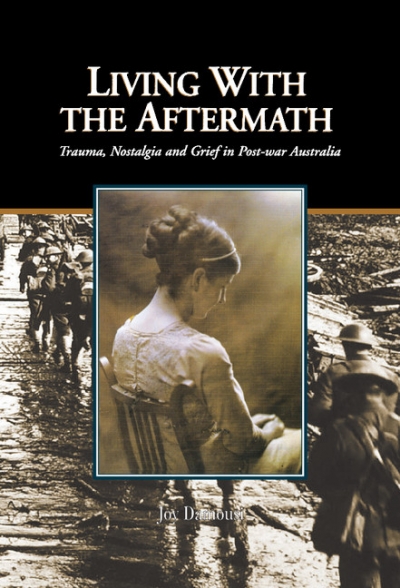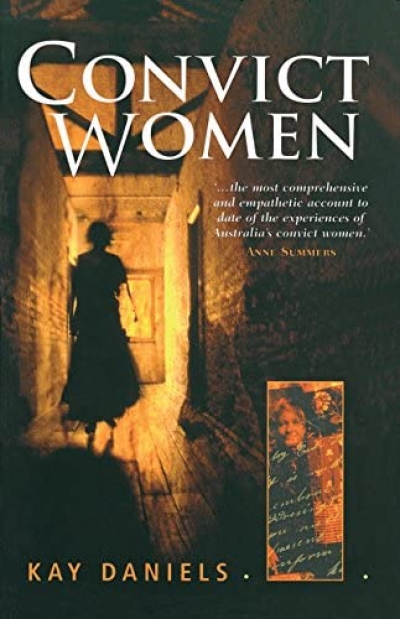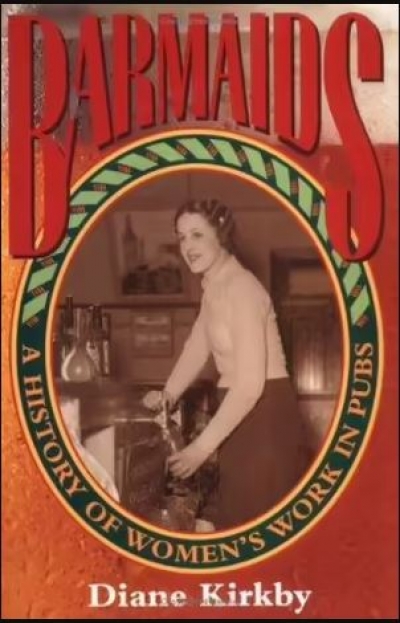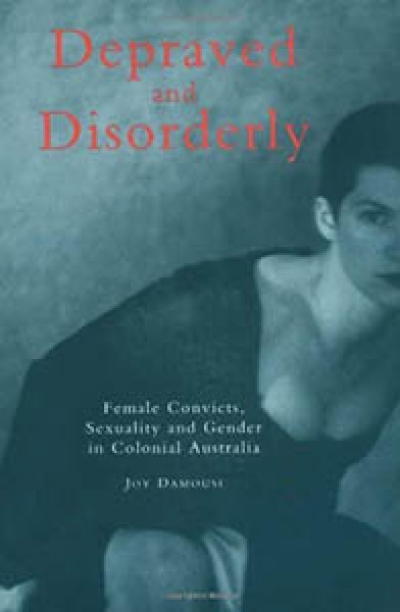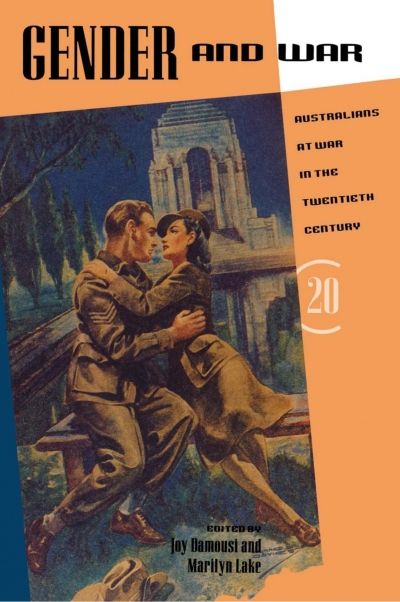Joy Damousi
Living with the Aftermath: Trauma, nostalgia and grief in post-war Australia by Joy Damousi
by Stephen Garton •
Barmaids: A history of women’s work in pubs by Diane Kirkby
by Joy Damousi •
Depraved and Disorderly: Female sexuality and gender in colonial Australia by Joy Damousi
by Emma Floyd •
Gender and War: Australians at war in the twentieth century edited by Marilyn Lake and Joy Damousi
by Jeff Grey •

